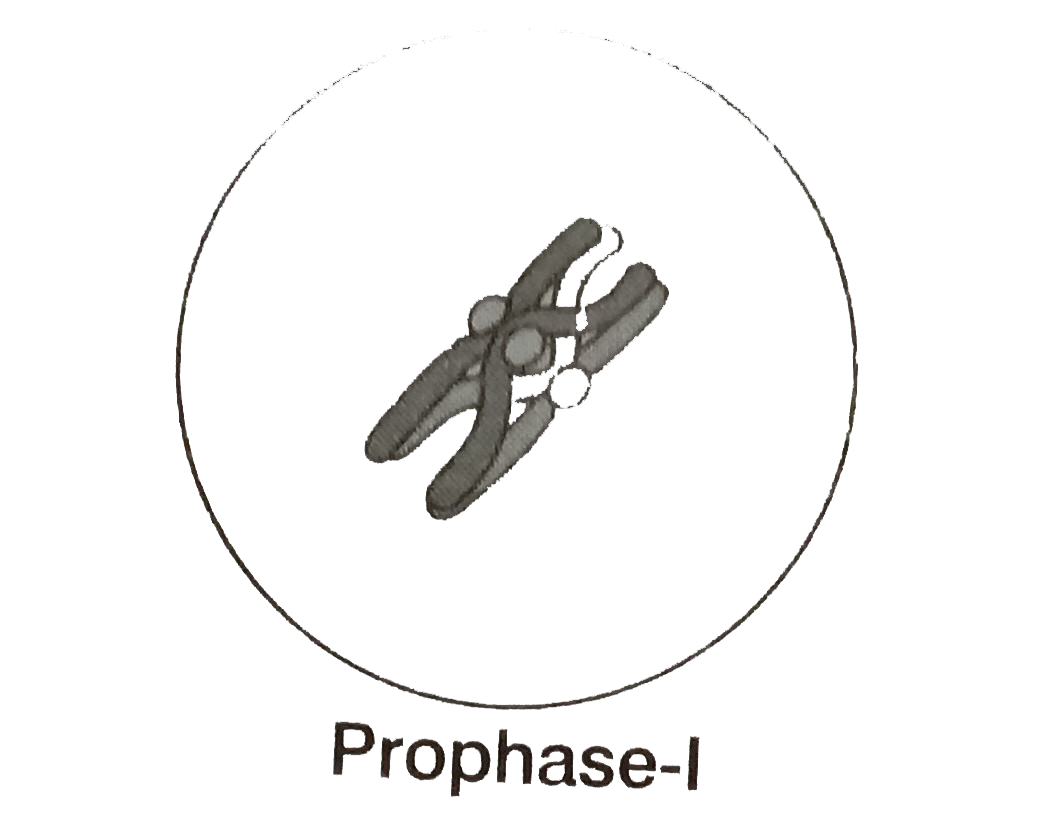Complete Solutions to Very short Answer type questions of chapter CELL CYCLE AND CELL DIVISION of Class 11 book with complete answers and questions
| Class 11 | BIOLOGY |
| Chapter | CELL CYCLE AND CELL DIVISION |
| NCERT EXEMPLAR | Very short Answer type questions |
| Number Of Questions | 14 |
| Academic Year | 2023-24 |
Between a prokaryote and a eukaryote, which cell has a shorter cell division time ?
View SolutionWhich of the phases of cell cycle is of longest duration ?
View SolutionName a stain commonly used to colour chromosomes.
View SolutionWhich tissue of animals and plants exhibits meiosis ?
View SolutionGiven that the average duplication time of E. coli is 20 minutes, how much time will two E. coli cells take to become 32 cells ?
View SolutionWhich part of the human body should one use to demonstrate stages in mitosis ?
View SolutionWhat attributes does a chromatid requires to be classified as a chromosome ?
View SolutionThe diagram shows a bivalent at prophase -I of meiosis. Which of the four chromatids can cross over ?

View SolutionIf a tissue has at a given time 1024 cells, how many cycles of mitosis had the original parental single cell undergone ?
View SolutionAn anther has 1200 pollen grains. How many pollen mother cells must have been there to produce them ?
View SolutionAt what stage of cell cycle does DNA synthesis take place ?
View SolutionIt is said that the one cycle of cell division in human cells (eukaryotic cell) takes 24 hours. Which phase of the cycle, do you think occupies the maximum part of cell cycle ?
View SolutionIt is oberved that heart cells do not exhibit cell division. Such cells do not divide further and exit... Phase to enter an inactive stage called.... of cell cycle. Fill in the blanks
View SolutionIn which phase of meiosis are the following formed ? Choose the answers from hint points given below.
(a) Synaptonemal complex .....
(b) Recombination nodules ....
(c) Appearance/activation of enzyme recombinase....
(d) Termination of chiasmata.... (e) Interkinesis....
(f) formation of dyad of cells....
Hint (a) Zygotene, (b) Pachytene,
(c) Pachytene, (d) Diakinesis,
(e) After Telophase-I/before prophase of meosis-II,
(f) Telophase-I/after meiosis-I
View Solution
Very short Answer type questions questions and complete solutions for chapter CELL CYCLE AND CELL DIVISION of NCERT BIOLOGY (HINGLISH) of Class 11